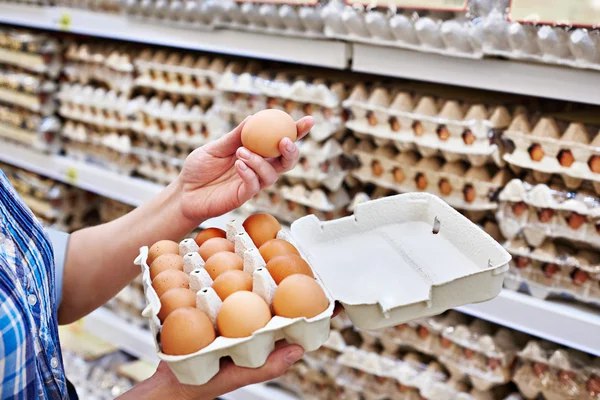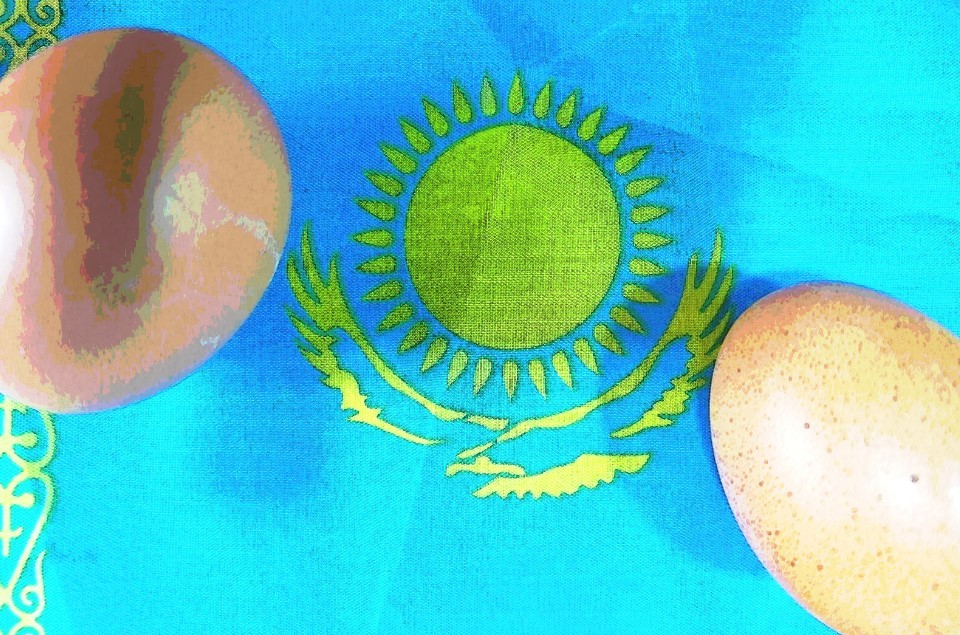Kyrgyzstan Exports Over 8 Million Eggs to Kazakhstan Amid Shifting Trade Policies
Between January and March 2025, Kyrgyzstan exported 8.8 million chicken eggs to neighboring Kazakhstan, according to Kyrgyzstan's Ministry of Water Resources, Agriculture and Processing Industry. This marks the second consecutive year that Kyrgyzstan has achieved near-total self-sufficiency in egg production, enabling it to maintain consistent exports. In a move to support domestic poultry and egg producers, the Kyrgyz government has exempted feed and feed additives for the industry from value-added tax (VAT). Earlier this month, Kyrgyz authorities announced a temporary ban on egg imports to further protect domestic producers. As a result, the country currently imports no table eggs, though imports of hatching eggs, essential for poultry reproduction, continue. In the first quarter of 2025, Kyrgyzstan imported 2.26 million hatching eggs from five countries: Turkey, Uzbekistan, Russia, France, and Denmark. Meanwhile, in a parallel development, Kazakhstan introduced a six-month ban on chicken egg imports starting April 9. The Kazakh Ministry of Agriculture cited the need to protect local poultry farms during a period of seasonally low demand as the reason for the temporary restriction. These shifting trade dynamics highlight the strategic importance of the poultry sector in Central Asia and underscore the balancing act between supporting domestic production and ensuring market stability.


